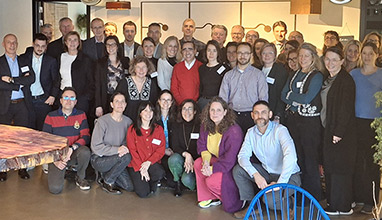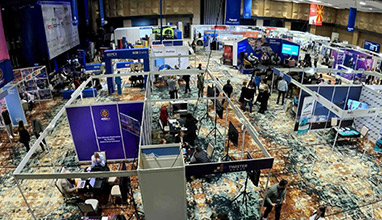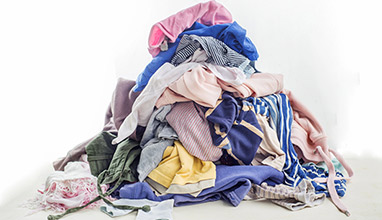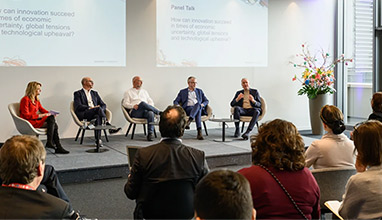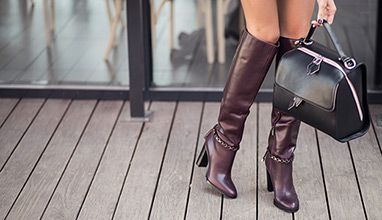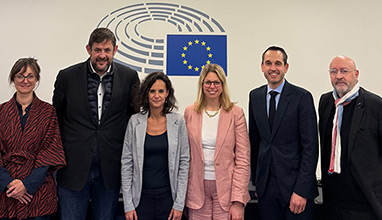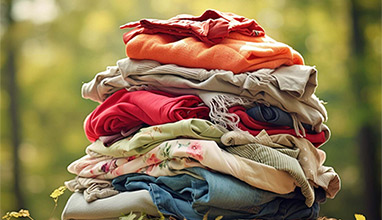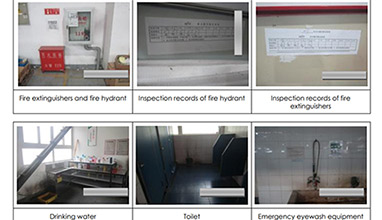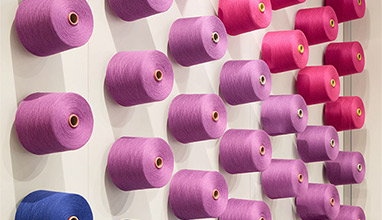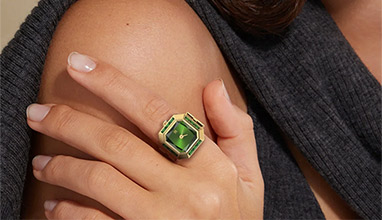How the Fashion Industry is Embracing the Circular Economy and Cutting Down on Plastic Waste
A new study was conducted by PureProfile with 100 board and senior executives, including CEOs, Retail Directors, Chief Operating Officers, Sustainability Directors and Finance Directors, in the UK, US and Australia in November 2023.
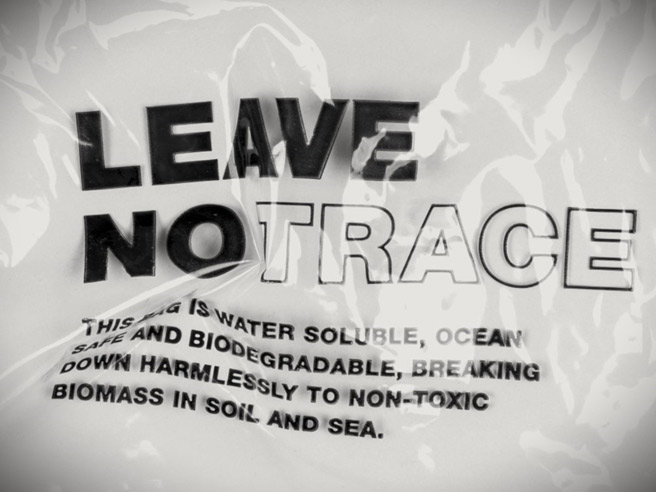
The study reveals 12% expect their business to be fully circular within one to two years, 34% within two to three years and 31% within three to four years. One fifth expect to reach this goal in four to five years.
Almost one third (32%) rated their strategy for making their business fully circular as excellent, over half (54%) said it was good and 14% described it as average, suggesting there is room for improvement.
When it comes to sustainability leadership, over half (54%) described their business as a market leader and innovator, 39% said that their business was average and ‘following the leaders’ and 7% describe their business as a laggard and ‘playing catchup’.
The findings also show that while 49% said sustainability is regarded as highly important to the success of their business, just 21% described the quality of effectiveness of their sustainability strategy and programme as excellent.
Over one third (37%) said that reducing the use of polyethylene plastic in packaging is a highly important part of their sustainability strategy, and a further 63% said it was quite important.
To help reduce plastic packaging pollution Aquapak has developed Hydropol™, a unique new polymer which is soluble and non-toxic to marine life. Hydropol™ can be used as an alternative to conventional plastic in a wide variety of applications as it provides the same functionality and performance but without the associated environmental problems. It is currently used to make products such as garment bags, offering all the necessary features of traditional polybags: strength and puncture resistance; clarity of film; and protection from leakages and dirt.
Crucially, Hydropol garment bags present zero end-of-life issues for consumers and brands. They can be disposed of in existing domestic waste streams without contaminating other recyclable products or they can be dissolved immediately in hot water at home without producing dangerous micro-plastics. They are also compostable, and degrade harmlessly on land or in the ocean.
Mark Lapping, CEO of Aquapak, comments: “Our study shows that the circular economy and sustainability are priorities for boards and senior executives in the fashion industry, although only half think that their business is at the vanguard of change when it comes to innovation and market-leadership. There has been an acceleration in new technologies in the sector, so the opportunity for brands to step up and lead the industry is there for the taking.
“Aquapak is already working with several early-adopter fashion companies who are determined to drive a significant change in the industry by embracing upstream innovation in packaging. These businesses are proof that new materials work and can make the difference that consumers are now demanding to see from fashion brands.”
About Aquapak
Aquapak develops and manufactures a range of adaptive polymer-based material technologies that deliver both performance and environmental responsibility at scale. For example, it has developed Hydropol, an enabling technology for the circular economy, which is biodegradable, compostable and marine-safe, and used in a range of packaging materials. Aquapak’s HQ and manufacturing centre is in Birmingham, UK, with its main geographical markets in the US, EU and Asia.
About HydropolTM - Accelerating the transition to the Circular Economy
Who is using Hydropol?
Consumers and businesses are increasingly concerned about plastic pollution and environmental sustainability. Packaging producers need solutions. Aquapak has partnered with a growing base of clients in apparel, fashion, hospitality, healthcare, food packaging, logistics packaging, industrial, nonwovens, and other packaging.
What is Hydropol made from?
The base plastic is currently used for dishwasher tablets, ingestible pill casings and soluble stitches. HydropolTM ‘s resistance to low temperature solubility and high barrier to elements adds functionality, providing a wider range of uses. It can be recycled, re-pulped, composted and is distinctively compatible with anaerobic digestion. Furthermore, if unintentionally released into the natural environment, HydropolTM – which is non-toxic and marine safe - will dissolve and subsequently biodegrade, leaving no trace.
What is Hydropol being used for?
Extrusion coatings and laminates for paper/board applications are commercially available and in customer production trial stages, including a number of home delivery and ecommerce applications, packaging for dried pet food, snacks, cooked meat and convenience food applications.
Blown film products commercially available and made from HydropolTM include garment bags, ESD bags, organic waste disposal bags and laundry bags for infection control. These can be disposed of at home by the consumer in hot water or added to the recycling where they dissolve during the recycling wash processes.
Other applications under development with customers and development partners include injection moulded parts such as golf tees, nonwoven fibre for applications such as flushable wet wipes and cellulose combinations for thermoformed trays.
Hits: 2187 | Leave a comment




